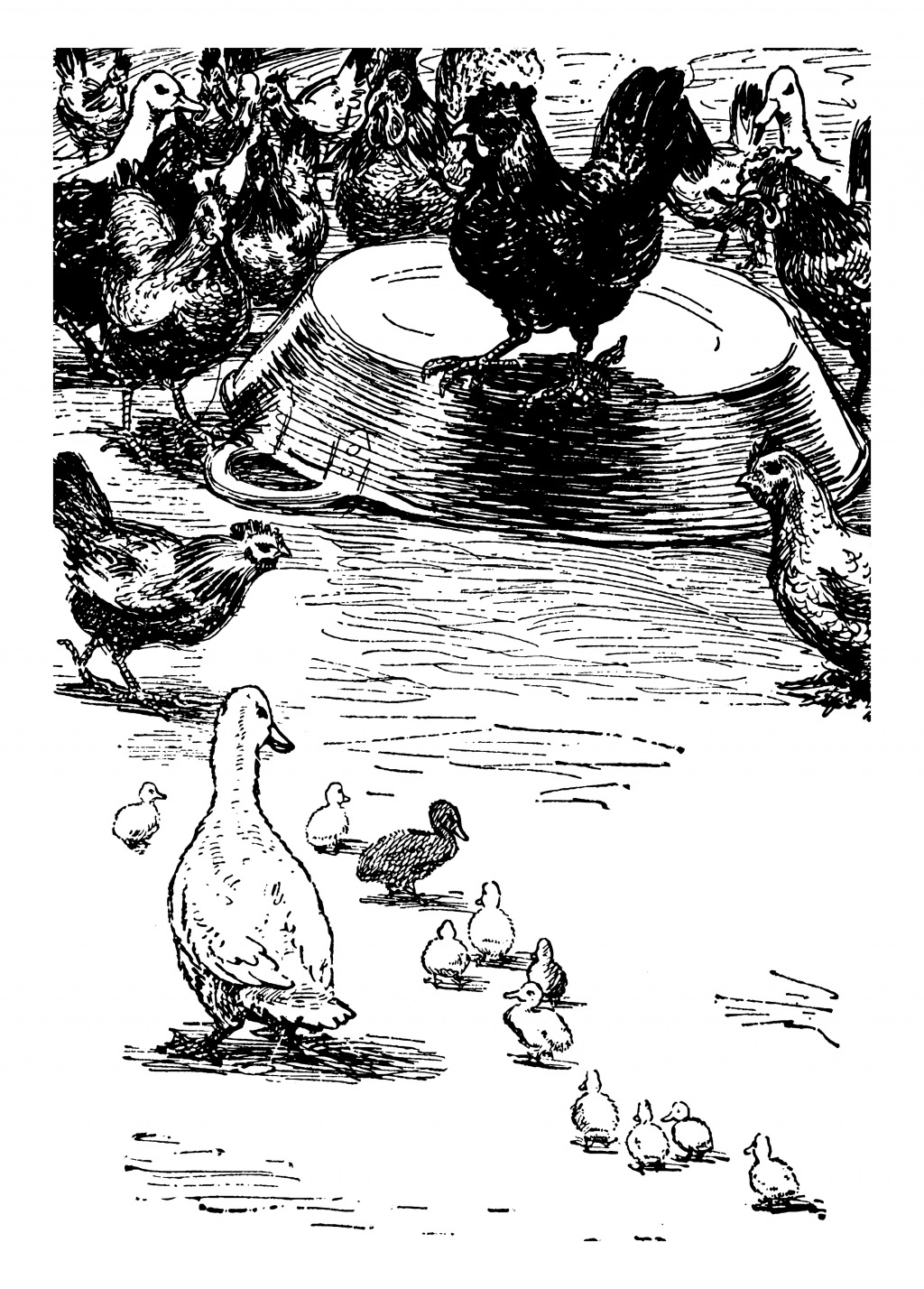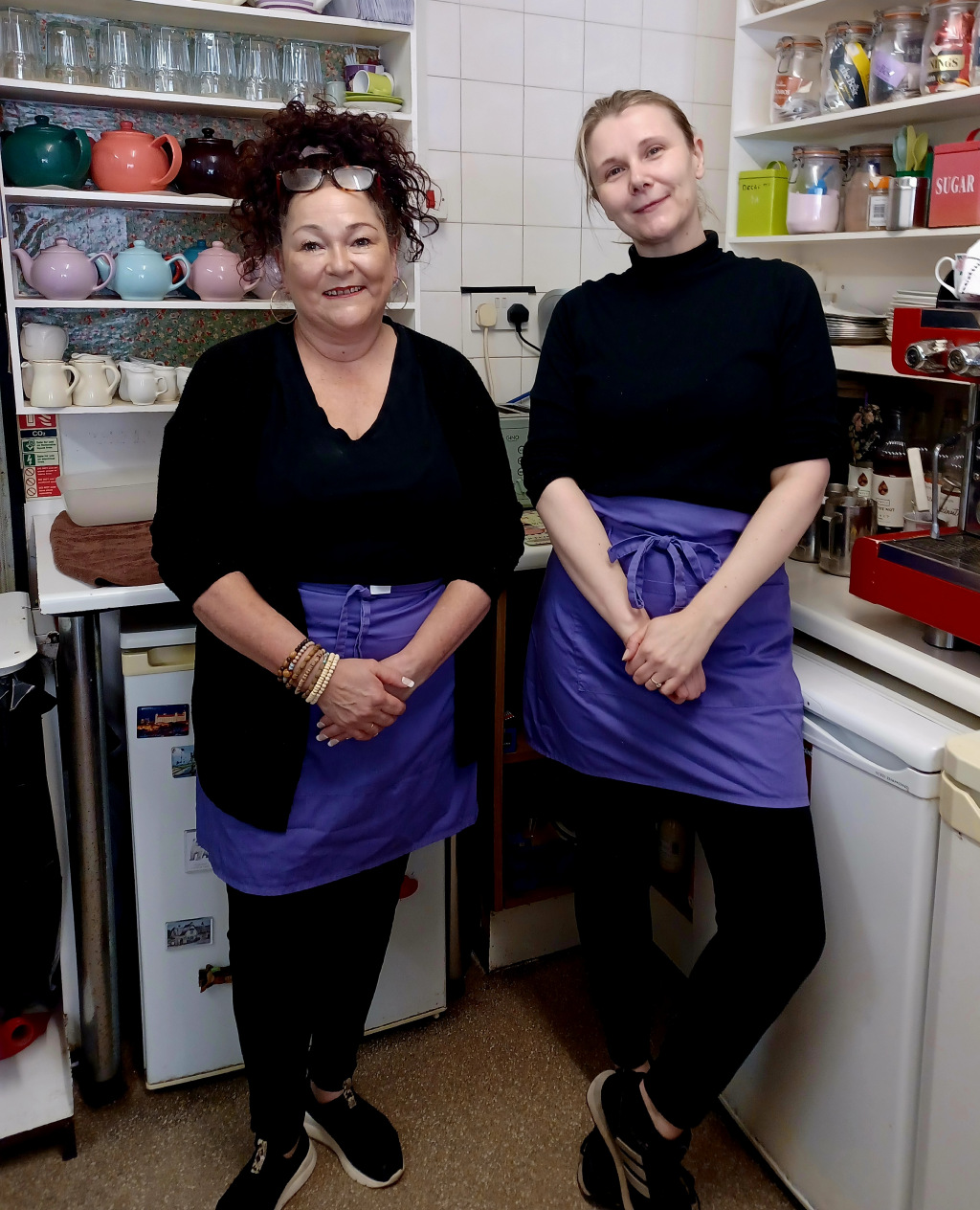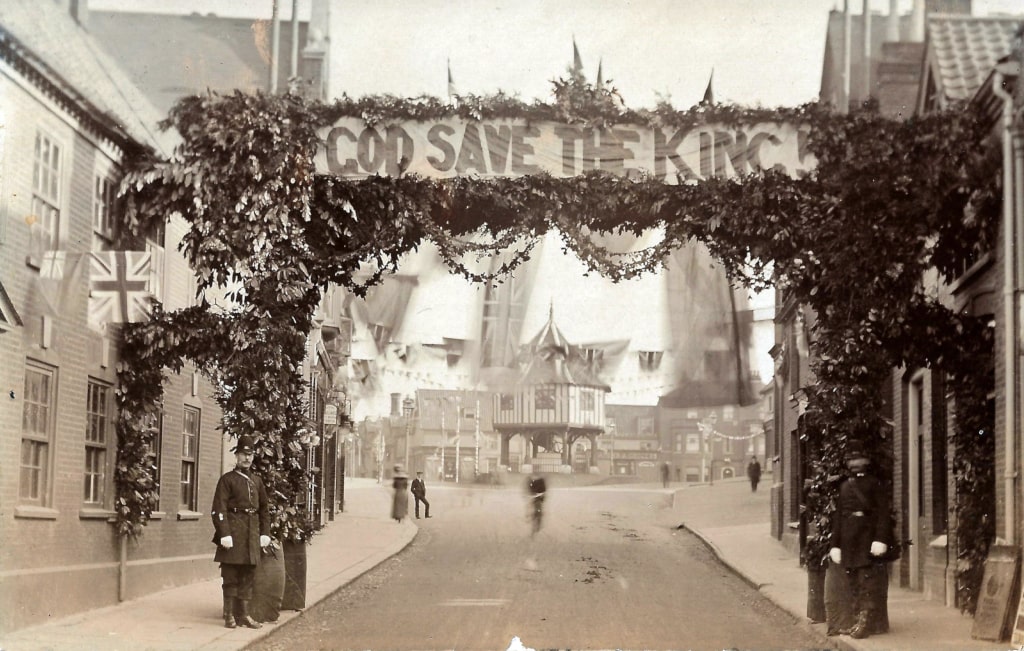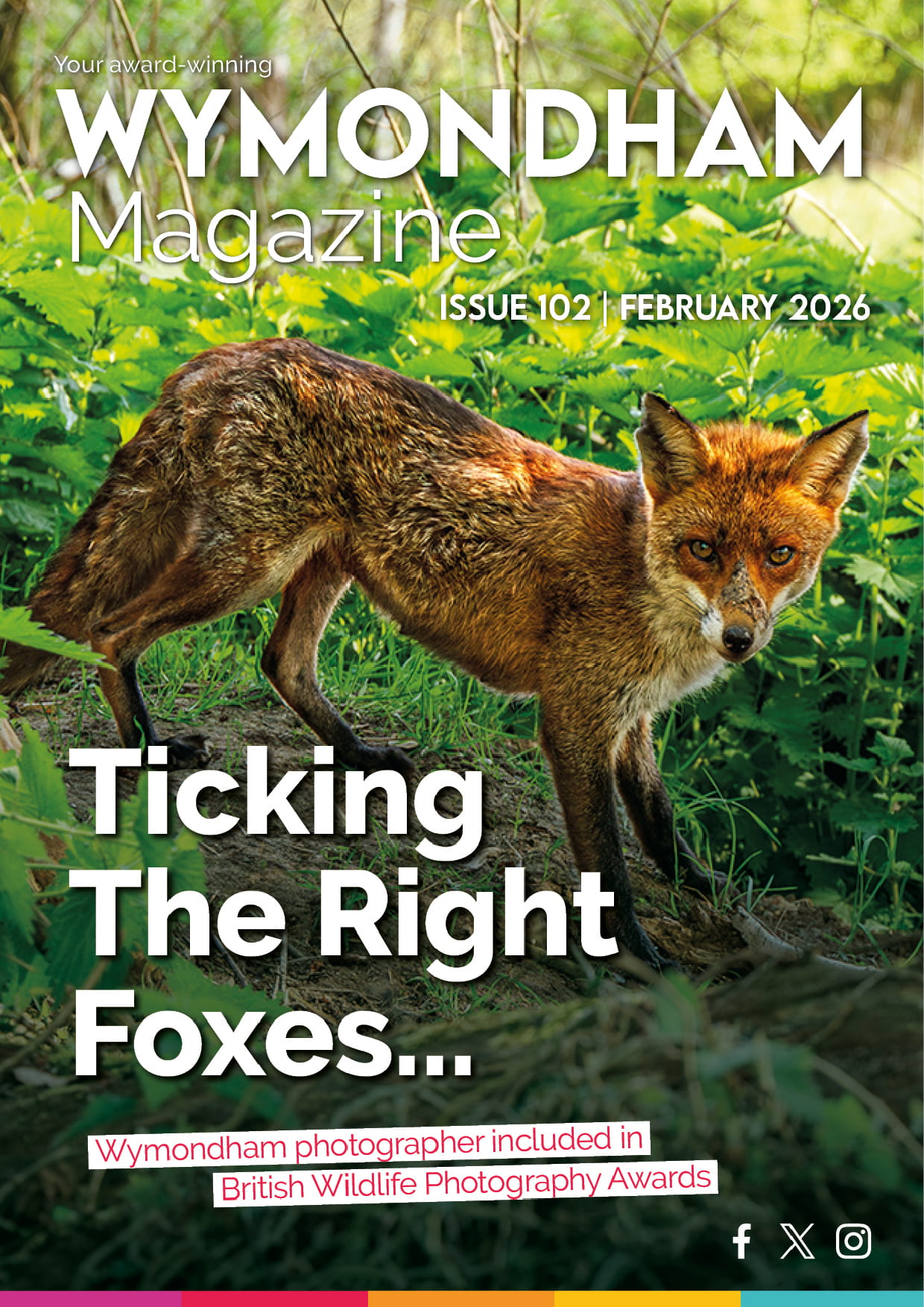A couple of kilometres from where I live, a house stands in isolation amongst several fields. Surrounding the house are roads about as close as the Norfolk flats come to anything recognisable as an upward gradient. Were you to cycle up them, you would perhaps notice a ten-second incline. This house bears the sign “House on the Hill,” hilariously satirising how undramatic Norfolk ‘hills’ are.
That, ladies and gentlemen, is the first difference between living in Edinburgh versus Wymondham. My Strava average running pace increases exponentially in Wymondham. I imagine I’ll feel somewhat depressed upon returning to Edinburgh and discovering that I can no longer run 5K in under twenty-five minutes. The fact that a walk in Edinburgh involves lots of climbing (even along the shopping streets) is a running joke among my English visitors.
Comparing living in Edinburgh ‘versus’ living in Wymondham makes it sound like a competition, which it certainly is not. I always advocate that naming one city as ‘better’ than another is moot if they are entirely different places with different purposes. (Plus, Wymondham is my hometown. Edinburgh is a fabulous city, but Wymondham remains sacred.) However, the last academic year has awakened in me some key differences between the two lifestyles; I aim to affectionately highlight them here. The first, as said, was ‘average elevation’ versus ‘average pace’.
The different English Literature courses also make for revealing comparisons. The phenomenal Wymondham High English A-Level had a significantly varied scope: ranging from Philip Larkin to Coleridge, Kate Atkinson, Hardy, Agatha Christie, and even a contemporary writer of our choice when it was time to do our coursework. It is fair to say that, by contrast, the university courses are slightly more experimental. Names ranged from Aphra Behn to James Hogg, Toni Morrison, and even some gruesome science-fiction stories by Octavia E. Butler. Heard of any of them? Nor had I. The distinct advantage of English degrees is the chance to be pushed out of your comfort zone, though that doesn’t prevent occasional incredulity at some course organisers’ choices. The Wymondham A-Level course is more of a toe in the water, but as challenging as some of the books were, there were impressively very few (or even none?) that you could call ‘bad’!

I remain grateful to a former English tutor who kept me sane over email. She said that the idea of reading set texts in the sun is a myth and that sometimes, they do have to expose you to some diabolical stuff. Wymondham, as my hometown, is where I indulge in guilty-pleasure, old-time-favourite authors: Agatha Christie, Dorothy L Sayers, Robert Galbraith, etc., so I suppose unfamiliar material is good for you.
Speaking of education, another significant difference is whether the teachers turned up in the first place! This is one of the things I naively had not foreseen upon arrival at University. If, like me, you have been studying a Humanities course this year, you likely had several email notifications to let you know that the lecturers were on strike. I’m all for freedom of protest (we studied J.B. Priestley’s An Inspector Calls at GCSE; they instil it in you when you’re young), and the Wymondham teachers had a strike period as well, so I give full solidarity there. However, there was a very minor difference at Edinburgh: they averaged about a strike per week. Student patience takes a slight knock when faced with swathes of four-day, five-day, or even seven-day weekends with no hint of the university recompensing the tuition fees.
Edinburgh has Arthur’s Seat, the Edinburgh Bookshop, Princes Street, the literary quotations on the train station walls, and the possibility that you may bump into one of your favourite authors (including Kim Sherwood, whom I had the opportunity of interviewing for the student paper – she was delightful!). Wymondham has good set texts, a fabulous community (again, must stress, solidarity for all my former teachers), more forgiving running routes, this brilliant publication which I remain grateful to be allowed to contribute to, and fewer strikes. They are equally fabulous places, each with their signature advantages, and that is no bad thing.















